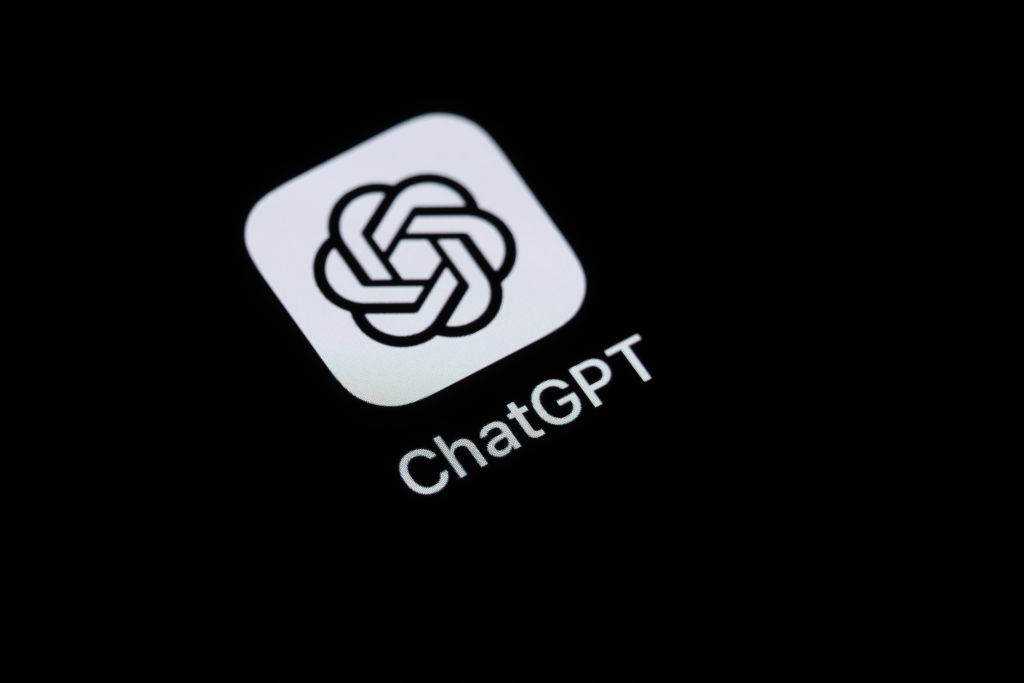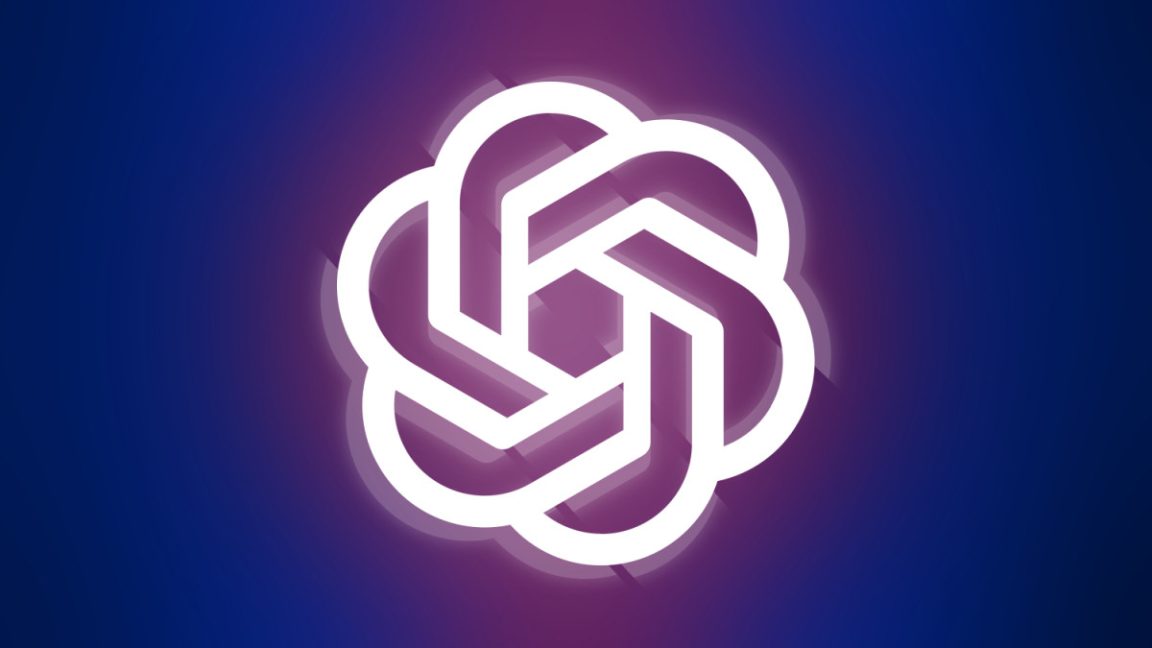Breaking: ChatGPT Gets Workplace Superpowers with Google Drive and Slack Integration
Technology
2025-03-17 18:29:25Content

OpenAI is set to revolutionize workplace productivity by introducing a groundbreaking feature that will allow businesses to seamlessly integrate popular productivity tools with ChatGPT. The upcoming testing phase will enable companies to connect essential applications like Slack and Google Drive directly to the AI platform, creating a more streamlined and efficient workflow.
This innovative approach aims to transform how businesses interact with artificial intelligence by breaking down traditional barriers between different software platforms. By enabling direct connections between ChatGPT and widely-used business applications, OpenAI is poised to enhance collaboration, automate tasks, and provide more intelligent and context-aware assistance.
The integration will potentially allow teams to leverage ChatGPT's advanced language capabilities across multiple platforms, making information retrieval, document analysis, and communication more intelligent and responsive. While specific details about the rollout are still emerging, the move signals OpenAI's commitment to making AI more practical and accessible for professional environments.
Business leaders and tech enthusiasts are eagerly anticipating this development, which could significantly reshape how organizations leverage artificial intelligence in their daily operations. Stay tuned for more updates on this exciting technological advancement.
AI Revolution: ChatGPT's Groundbreaking Enterprise Integration Strategy Unveiled
In the rapidly evolving landscape of artificial intelligence, OpenAI is poised to transform how businesses interact with cutting-edge technology, signaling a potential paradigm shift in workplace productivity and digital collaboration tools.Revolutionizing Workplace Connectivity Through Intelligent AI Integration
The Strategic Vision of Enterprise AI Connectivity
OpenAI's ambitious initiative represents a significant leap forward in enterprise technology integration. By enabling seamless connections between ChatGPT and popular business applications like Slack and Google Drive, the company is fundamentally reimagining how organizations leverage artificial intelligence. This strategic move goes beyond mere technological innovation, promising to fundamentally restructure workplace communication and workflow management. The proposed integration framework suggests a sophisticated approach to digital workplace transformation. Businesses will soon experience unprecedented levels of operational efficiency, with AI-powered systems capable of dynamically interacting across multiple platforms. This breakthrough could potentially eliminate traditional communication barriers, creating a more fluid and intelligent workspace ecosystem.Technical Architecture and Potential Implementation Mechanisms
Developing robust API connections between ChatGPT and enterprise software requires intricate technical engineering. OpenAI's approach likely involves creating sophisticated middleware that can securely translate complex organizational data streams while maintaining stringent privacy and security protocols. The technical challenges of such an integration are substantial. Engineers must develop intelligent routing mechanisms that can understand contextual nuances, interpret organizational hierarchies, and facilitate seamless information exchange. Machine learning algorithms will play a crucial role in ensuring that data transfers remain both intelligent and contextually appropriate.Implications for Organizational Productivity and Workflow Optimization
By bridging disparate software platforms through AI-powered connectivity, OpenAI is positioning itself as a transformative force in enterprise technology. The potential productivity gains are immense, with organizations able to automate complex communication workflows, reduce manual data transfer processes, and create more intelligent, responsive digital workspaces. Imagine a scenario where meeting notes from Slack are automatically summarized and integrated into Google Drive documents, or where project management tasks are dynamically created and assigned based on conversational context. Such capabilities represent a quantum leap in workplace efficiency, moving beyond traditional software integration models.Privacy, Security, and Ethical Considerations
As with any groundbreaking technological innovation, the integration of AI across enterprise platforms raises critical questions about data privacy and ethical use. OpenAI will need to implement robust security frameworks that protect sensitive organizational information while providing the flexibility and intelligence that businesses demand. The company's approach must balance technological innovation with responsible AI deployment, ensuring that enterprise customers can trust the underlying systems. This will require transparent data handling protocols, comprehensive user consent mechanisms, and ongoing commitment to ethical AI development.Market Positioning and Competitive Landscape
OpenAI's strategic move positions the company at the forefront of enterprise AI integration. By creating a flexible, intelligent connectivity framework, they are challenging traditional software ecosystem boundaries and setting new standards for workplace technology. Competitors will undoubtedly be closely monitoring this development, potentially accelerating their own AI integration strategies. The market for intelligent workplace solutions is rapidly evolving, and OpenAI's approach could serve as a benchmark for future technological innovations.RELATED NEWS
Technology

From Silicon Valley to Starry Skies: Eric Schmidt's Cosmic Career Leap
2025-03-10 22:36:29
Technology

Elden Ring: Nightrealm's Bizarre Co-op Adventure Unveiled in Explosive New Trailer
2025-05-02 21:04:13
Technology

Brick by Brick: How LEGO Minecraft Designers Are Plotting Their Most Ambitious Rebuild Yet
2025-03-22 18:09:56





